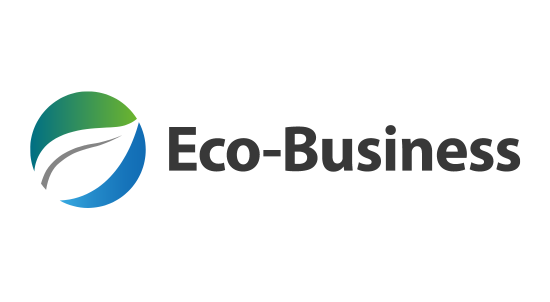‘Not a given that renewables will be harmless’: How poor siting could slow Southeast Asia’s energy transition

As countries in Southeast Asia race to meet their clean power targets by the end of this decade, some governments have introduced fast-tracked permitting processes for renewable energy projects.
“Banks have long claimed that this trade-off between development objectives and community rights is inevitable,” said Radhika Goyal, a policy associate from US-based legal non-profit Accountability Counsel. “In fact, when environmental and social standards are respected… local communities are more likely to have access to clean energy.”
“IFC and ADB’s commitment to environmental and social safeguards is the fundamental thing distinguishing them as development banks, not commercial lenders,” said Goyal. “Often, their investments derisk projects for other investors with lower standards, and if they aren’t properly selecting and managing projects to protect people and the planet, then they have abandoned their mission and are paving the way for harm.”
“The question we should be asking is how can ADB and IFC ensure that renewable energy production does not follow the same extractivist patterns of fossil fuel energy that leads to widespread impoverishment and energy injustice. Because why else do they exist?”
Read the full article from Eco-Business here.

